Home>diy>Building & Construction>Where Is The Best Place To Get A Construction Loan


Building & Construction
Where Is The Best Place To Get A Construction Loan
Modified: September 1, 2024
Looking for the best place to secure a construction loan for building construction? Discover your options and find the perfect financing solution with our expert guidance.
(Many of the links in this article redirect to a specific reviewed product. Your purchase of these products through affiliate links helps to generate commission for Storables.com, at no extra cost. Learn more)
Introduction
When embarking on a construction project, securing the necessary funds is a crucial step. Whether you are planning to build your dream home or undertake a commercial development, a construction loan can provide the financial support you need. However, finding the best place to obtain a construction loan can be a daunting task.
Various factors must be considered before choosing the right lending institution for your construction loan. From traditional banks and credit unions to online lenders and construction loan brokers, there are numerous options to explore. Additionally, government programs and alternative financing options can also be viable choices.
In this article, we will delve into the different avenues for securing a construction loan and highlight the pros and cons of each option. By understanding the various possibilities available to you, you can make an informed decision that aligns with your specific needs and preferences.
Before we explore the options in detail, it is important to recognize the key factors to consider before obtaining a construction loan. Firstly, determining the total cost of your construction project is essential. This includes not only the construction costs, but also the costs of permits, architect and engineer fees, landscaping, and any unforeseen expenses.
Next, you need to assess your own financial situation and determine how much you can afford to borrow. This involves evaluating your income, existing debts, and creditworthiness. It is crucial to have a solid understanding of your borrowing capacity and ensure that you can comfortably repay the loan.
Moreover, you need to have a well-defined construction plan, including architectural blueprints, construction timelines, and a clear vision for the project. Lenders will want to see a detailed plan before approving your loan application.
Lastly, obtaining the necessary permits and approvals from local authorities is essential. Lenders will require evidence that your construction plans comply with building codes and zoning regulations.
Once you have considered these factors, you can begin exploring the various options for obtaining a construction loan. Let’s dive into the key players in the lending industry and the advantages and disadvantages they offer.
Key Takeaways:
- Traditional banks and credit unions offer stability, competitive rates, and personalized service, making them a reliable choice for borrowers with strong credit and financial stability.
- Online lenders provide convenience, faster approvals, and access to a wider range of loan options, especially for borrowers who may not meet the strict criteria of traditional lenders.
Read more: How To Get A Construction Loan For A Home
Factors to Consider Before Getting a Construction Loan
Before embarking on your search for a construction loan, there are several important factors you should consider. These factors will help you make an informed decision about the type of loan and lender that best suits your needs. Let’s take a closer look at these factors:
- Creditworthiness: Before approaching any lender, it’s crucial to assess your creditworthiness. Your credit score and credit history play a significant role in determining your eligibility for a construction loan and the interest rate you will be offered. Take the time to review your credit report, address any inconsistencies, and improve your credit score if necessary.
- Financial Stability: Lenders will also evaluate your financial stability to determine whether you can afford a construction loan. This includes considering your income, existing debts, and cash reserves. It’s essential to have a strong financial position and be able to demonstrate your ability to make loan payments.
- Construction Plan: A well-defined construction plan is crucial when applying for a construction loan. Lenders will want to review detailed architectural plans, construction timelines, and cost estimates. Make sure you have a comprehensive and realistic plan in place to increase your chances of loan approval.
- Down Payment: Unlike traditional mortgages, construction loans typically require a substantial down payment. Lenders may expect a down payment of 20% to 25% of the total project cost. Assess your financial situation to determine how much you can comfortably put towards the down payment.
- Loan Terms: It’s important to carefully review the terms and conditions of any construction loan you’re considering. Pay close attention to the interest rate, repayment period, and any associated fees. Compare different loan offers to ensure you’re getting the most favorable terms for your specific needs.
- Lender Reputation: Research the reputation and track record of potential lenders. Look for reviews and testimonials from past borrowers to gauge their reliability and customer satisfaction. A reputable lender will provide transparency and excellent customer service throughout the loan process.
By considering these factors, you will be well-prepared to navigate the process of obtaining a construction loan. Understanding your financial situation, having a strong construction plan, and carefully evaluating loan terms will ensure that you make an informed decision that sets you up for success in your construction project.
Traditional Banks and Credit Unions
Traditional banks and credit unions have long been a popular choice for obtaining construction loans. These institutions offer a wide range of financial services and have established reputations in the lending industry. Here are some key points to consider when exploring traditional banks and credit unions as potential lenders for your construction loan:
- Relationship-based lending: Traditional banks and credit unions often prioritize existing customers and maintain strong relationships with their clients. If you already have an established relationship with a bank or credit union, it may be beneficial to approach them for your construction loan. Having a history with the institution can increase your chances of approval and may result in more favorable loan terms.
- Competitive interest rates: Banks and credit unions typically offer competitive interest rates on construction loans. However, it’s important to compare rates and terms among different institutions to ensure you’re getting the best deal. Don’t be afraid to negotiate for better rates based on your creditworthiness and financial stability.
- Full range of services: Traditional banks and credit unions offer a full suite of banking services, which can be beneficial for managing your finances during the construction process. They may provide checking and savings accounts, online banking platforms, and other tools to streamline your financial management.
- Strict lending criteria: While traditional banks and credit unions offer stability and reliability, they also have stricter lending criteria compared to alternative lenders. These institutions typically require higher credit scores, lower debt-to-income ratios, and more extensive documentation. Be prepared to provide a thorough loan application and meet their stringent requirements.
- Personalized customer service: Banks and credit unions often prioritize personalized customer service, with loan officers available to guide you through the loan process. You can benefit from their expertise and advice, ensuring a smooth and well-supported experience.
When considering traditional banks and credit unions as potential lenders for your construction loan, it’s important to assess your own financial situation and eligibility. If you meet their lending criteria and have a strong credit history, approaching a bank or credit union can be a reliable and reputable option. However, it’s essential to compare offerings from multiple institutions to secure the most favorable terms for your construction loan.
Online Lenders
In recent years, the rise of online lending platforms has revolutionized the lending industry, offering borrowers convenient and accessible options for obtaining construction loans. Online lenders provide a digital and streamlined application process, making it easier for borrowers to secure funding. Here are some key considerations when exploring online lenders for your construction loan:
- Convenience and speed: Online lenders offer a convenient and efficient application process. You can easily complete the application from the comfort of your own home, avoiding the need for in-person meetings and paperwork. Additionally, online lenders typically provide faster approvals and funding, allowing you to start your construction project sooner.
- Expanded access: Online lenders often have more lenient lending requirements compared to traditional banks. They may be more willing to work with borrowers who have lower credit scores or unique financial situations. If you have been rejected by traditional lenders, online lenders can provide an alternative avenue for obtaining a construction loan.
- Competitive rates and terms: Online lenders often offer competitive interest rates and flexible loan terms. With a wide range of online lending platforms available, it’s important to compare rates and terms to find the most favorable options for your construction loan. Online loan marketplaces can be helpful in exploring multiple lenders simultaneously.
- Simplified documentation: Online lenders typically require less paperwork compared to traditional banks. The application process may involve submitting digital copies of your financial documents and asset information. This streamlined approach can save time and reduce the hassle of gathering extensive documentation.
- Limited personalized support: While online lending platforms provide convenience, there may be limited personalized support compared to traditional lenders. You may not have direct access to a loan officer who can guide you through the process and answer your questions. However, many online lenders have customer support teams available to assist with any inquiries.
When considering online lenders for your construction loan, it’s essential to thoroughly research the reputation and legitimacy of the platform. Look for reviews and testimonials from past borrowers to ensure the lender is reputable and offers reliable services. Additionally, review the terms and conditions of the loan carefully to understand any fees or potential hidden costs.
Online lending platforms can be a viable option for obtaining a construction loan, especially if you value convenience, speed, and access to flexible terms. By leveraging the power of technology, you can explore multiple lenders, compare rates, and secure funding for your construction project in a streamlined and efficient manner.
When looking for a construction loan, consider local banks and credit unions as they may offer more personalized service and better understanding of the local market.
Construction Loan Brokers
Construction loan brokers act as intermediaries between borrowers and lenders, helping borrowers find the best construction loan options to suit their needs. These professionals have extensive knowledge of the lending market and can guide you through the loan application process. Here are some key points to consider when exploring construction loan brokers:
- Extensive network: Construction loan brokers maintain relationships with a wide range of lenders, including traditional banks, credit unions, and online lenders. They have access to a diverse pool of loan options and can help match you with lenders that fit your specific requirements.
- Expert guidance: Working with a construction loan broker can provide you with valuable expertise and guidance throughout the loan process. These professionals understand the complexities of construction financing and can help you navigate through the documentation, requirements, and negotiations.
- Efficient loan matching: Construction loan brokers have the knowledge and resources to efficiently match borrowers with suitable lenders. They can help streamline the application process by presenting your loan application to multiple lenders simultaneously, saving you time and effort.
- Negotiation leverage: Construction loan brokers have the ability to negotiate loan terms on your behalf. They can leverage their relationships with lenders to secure more favorable rates and terms, potentially saving you money in the long run.
- Personalized service: Working with a construction loan broker often provides a personalized and tailored experience. They will take the time to understand your unique financing needs and find lenders that align with your specific requirements.
- Fees and costs: It’s important to consider the fees associated with working with a construction loan broker. Brokers typically charge a fee or receive a commission from the lender for their services. It’s essential to understand the fee structure and evaluate whether the benefits outweigh the costs.
When considering a construction loan broker, it’s crucial to research and choose a reputable and experienced professional. Look for brokers who are licensed, have positive reviews and testimonials, and can provide references from past clients. Additionally, make sure to have thorough discussions about their fee structure and ensure that you are comfortable with the terms before proceeding.
Construction loan brokers can be a valuable resource for borrowers seeking construction financing. They provide expertise, access to a wide network of lenders, and personalized guidance throughout the loan process. By working with a reputable broker, you can increase your chances of obtaining the best construction loan options available to you.
Read more: How To Get A Construction Loan For A Remodel
Government Programs and Agencies
Government programs and agencies often provide specialized loan programs to support construction projects. These programs aim to stimulate economic growth, promote affordable housing, and assist in community development. Here are some key considerations when exploring government programs and agencies for construction loans:
- Favorable terms and rates: Government-backed programs typically offer favorable interest rates and terms compared to traditional lenders. These programs are designed to provide affordable financing options, making them an attractive choice for borrowers.
- Specific eligibility criteria: Government programs may have specific eligibility criteria based on factors such as income levels, location, or project type. Research the requirements of each program to ensure you meet the criteria before applying.
- Diverse program options: Government programs and agencies offer a range of loan programs, each catering to different borrower needs. Some programs focus on affordable housing, while others support commercial developments or infrastructure projects. Explore the various programs available to find the one that aligns with your specific construction goals.
- Additional support and resources: Government programs often provide additional support beyond just loan financing. They may offer technical assistance, grants, or incentives to help facilitate the construction project. Take advantage of these resources to maximize the benefits of the program.
- Application process and timelines: Government programs typically have specific application processes and timelines. Be prepared to provide detailed documentation and adhere to specific deadlines when applying for these programs. Familiarize yourself with the application requirements and ensure you submit a complete and accurate application.
- Potential limitations: While government programs can provide attractive loan options, it’s important to be aware of any limitations or restrictions they may come with. These could include limitations on loan amounts, project scope, or specific use of funds. Understand the terms and conditions of the program before committing to it.
When considering government programs and agencies for construction loans, research the options available at the local, state, and federal levels. Contact the relevant agencies, attend informational sessions, and seek guidance from experts who specialize in these programs. They can provide you with the necessary information and help you navigate through the application process.
Government programs and agencies can be valuable resources for obtaining construction financing, especially if you meet the eligibility criteria and have specific project goals that align with their programs. Explore these options to access affordable loan options and additional support for your construction project.
Alternative Financing Options
In addition to traditional banks, credit unions, online lenders, and government programs, there are several alternative financing options available for construction loans. These options provide unique ways to secure funding for your construction project. Here are some key alternative financing options to consider:
- Private Lenders: Private lenders, also known as hard money lenders, are individuals or groups that provide loans based on the value of the property rather than the borrower’s creditworthiness. Private lenders typically offer shorter loan terms and higher interest rates compared to traditional lenders. This can be a viable option if you have difficulty qualifying for a construction loan through conventional channels.
- Crowdfunding: Crowdfunding platforms have gained popularity in recent years, allowing individuals to raise funds for various projects through online contributions. Real estate crowdfunding platforms specifically cater to property development projects, including construction loans. This option allows you to gather funds from multiple investors, reducing reliance on traditional lenders.
- Home Equity Loans or Lines of Credit: If you own an existing property, you can consider utilizing the equity in your home to finance your construction project. Home equity loans typically provide a lump sum of money, while home equity lines of credit allow you to access funds as needed. However, keep in mind that using your home as collateral comes with potential risks.
- Contractor Financing: Some contractors or construction companies offer financing options for their clients. This can involve a partnership with a lending institution to provide financing specifically for the construction project. Contractor financing can simplify the loan process and provide more flexibility in terms of payment structures and project management.
- Family and Friends: Borrowing from family or friends can be an alternative financing option for your construction project. While this option can offer more flexibility and leniency in terms, it’s important to approach it with caution and have clear agreements in place to avoid straining personal relationships.
- Real Estate Joint Ventures: Joint ventures involve partnering with experienced real estate investors or developers for financing and project execution. In this arrangement, both parties contribute capital, expertise, and resources to the construction project. Joint ventures can provide access to additional funds and industry knowledge.
When considering alternative financing options, it’s crucial to conduct thorough research and due diligence. Evaluate the terms, interest rates, and repayment terms for each option. Consider consulting with a financial advisor or real estate attorney to ensure you understand all the legal and financial implications.
Remember to assess your own financial situation and determine the best fit for your needs. Alternative financing options can provide flexibility and accessibility for construction loans, allowing you to explore creative avenues for securing funding for your project.
Conclusion
Securing a construction loan is a crucial step in bringing your construction project to life. With various options available, it’s important to consider your specific needs and preferences before choosing the best place to obtain a construction loan. In this article, we explored traditional banks and credit unions, online lenders, construction loan brokers, government programs and agencies, and alternative financing options.
Traditional banks and credit unions offer stability and competitive interest rates, making them a reliable choice for borrowers with strong credit and financial stability. Online lenders provide convenience and access to a wider range of loan options, especially for borrowers who may not meet the strict criteria of traditional lenders. Construction loan brokers offer expertise, industry connections, and personalized guidance to help you navigate the loan process and secure the best loan terms for your project.
Government programs and agencies provide favorable loan terms and additional support, making them attractive options for borrowers who meet the specific program criteria. Finally, alternative financing options, such as private lenders, crowdfunding, and contractor financing, offer unique ways to fund your construction project, providing flexibility and access to capital outside of traditional channels.
Before making a decision, carefully consider factors such as your creditworthiness, financial stability, construction plan, down payment capability, loan terms, and lender reputation. Thoroughly research and compare the options available to find the best fit for your specific needs and goals.
Remember, a construction loan is a financial commitment, and it’s essential to understand the terms, fees, and potential risks associated with each choice. It’s advisable to seek professional advice from financial advisors, real estate attorneys, and experts in the construction industry to ensure you make an informed decision.
By carefully evaluating your options and finding the best place to obtain a construction loan, you can secure the necessary funds to embark on your construction project with confidence. With proper financing in place, you can turn your vision into a reality and create the home or building you’ve always dreamt of.
Frequently Asked Questions about Where Is The Best Place To Get A Construction Loan
Was this page helpful?
At Storables.com, we guarantee accurate and reliable information. Our content, validated by Expert Board Contributors, is crafted following stringent Editorial Policies. We're committed to providing you with well-researched, expert-backed insights for all your informational needs.

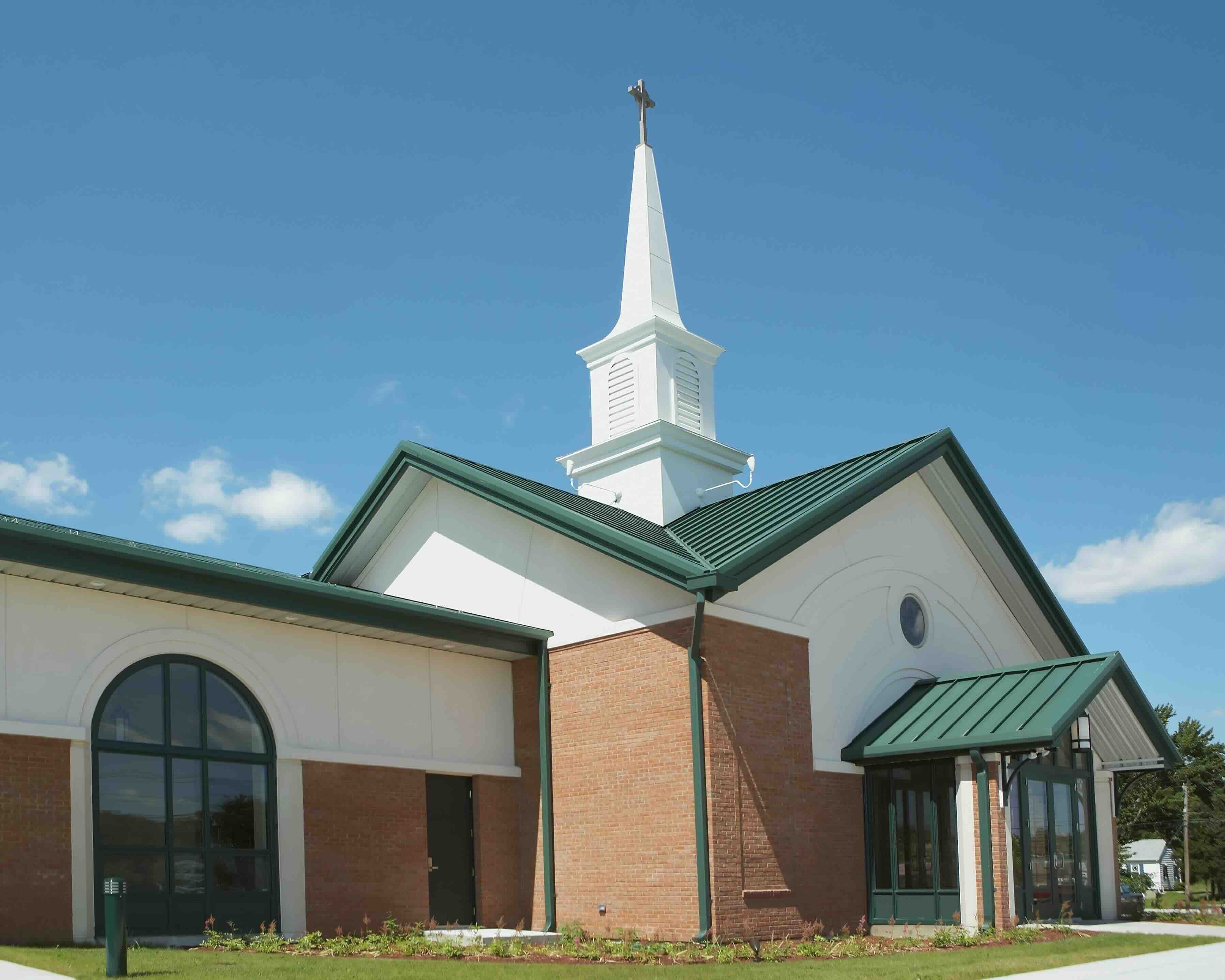


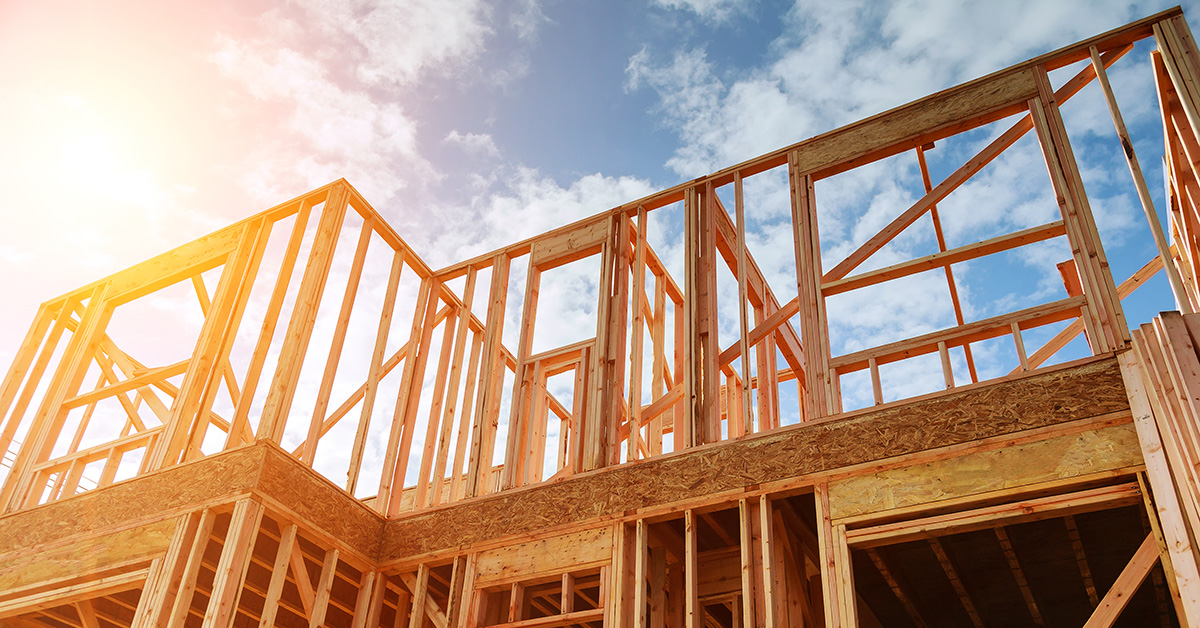



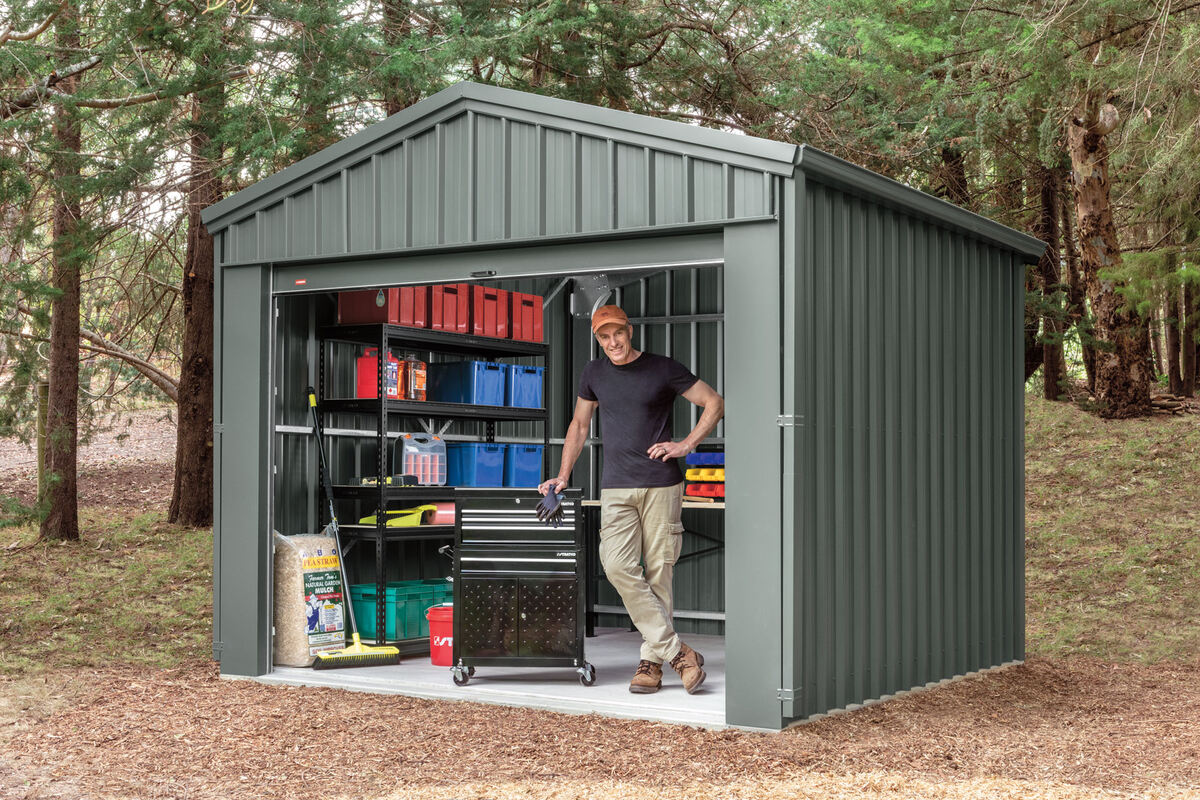



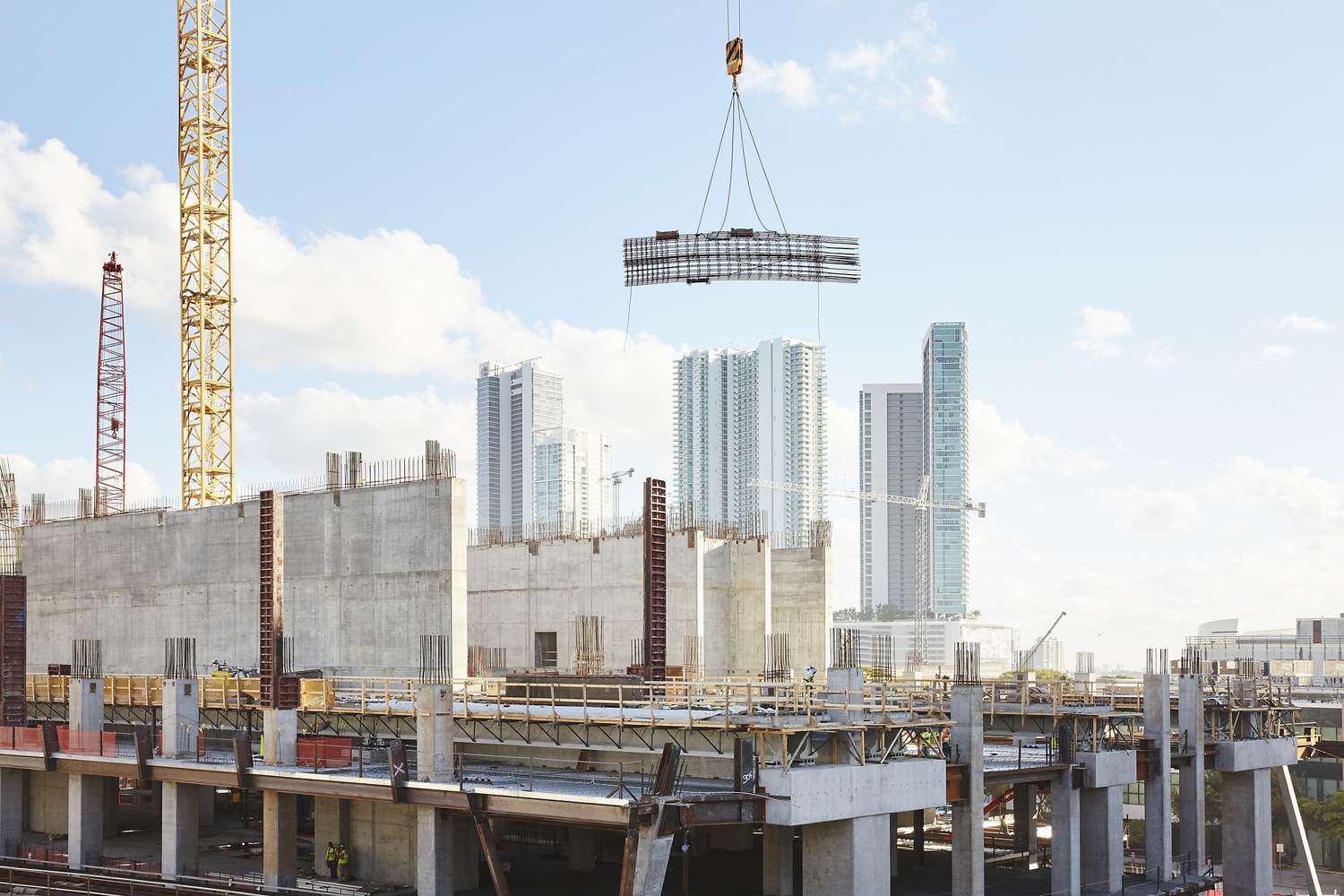
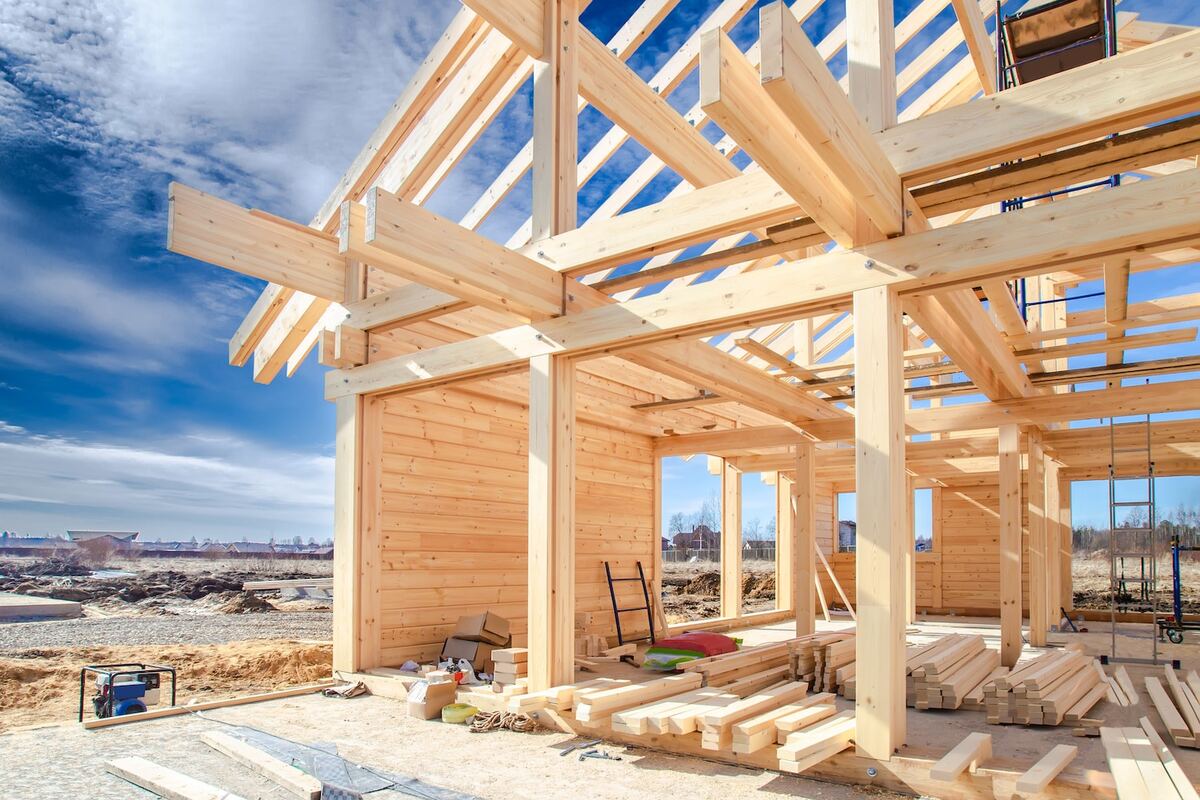

0 thoughts on “Where Is The Best Place To Get A Construction Loan”